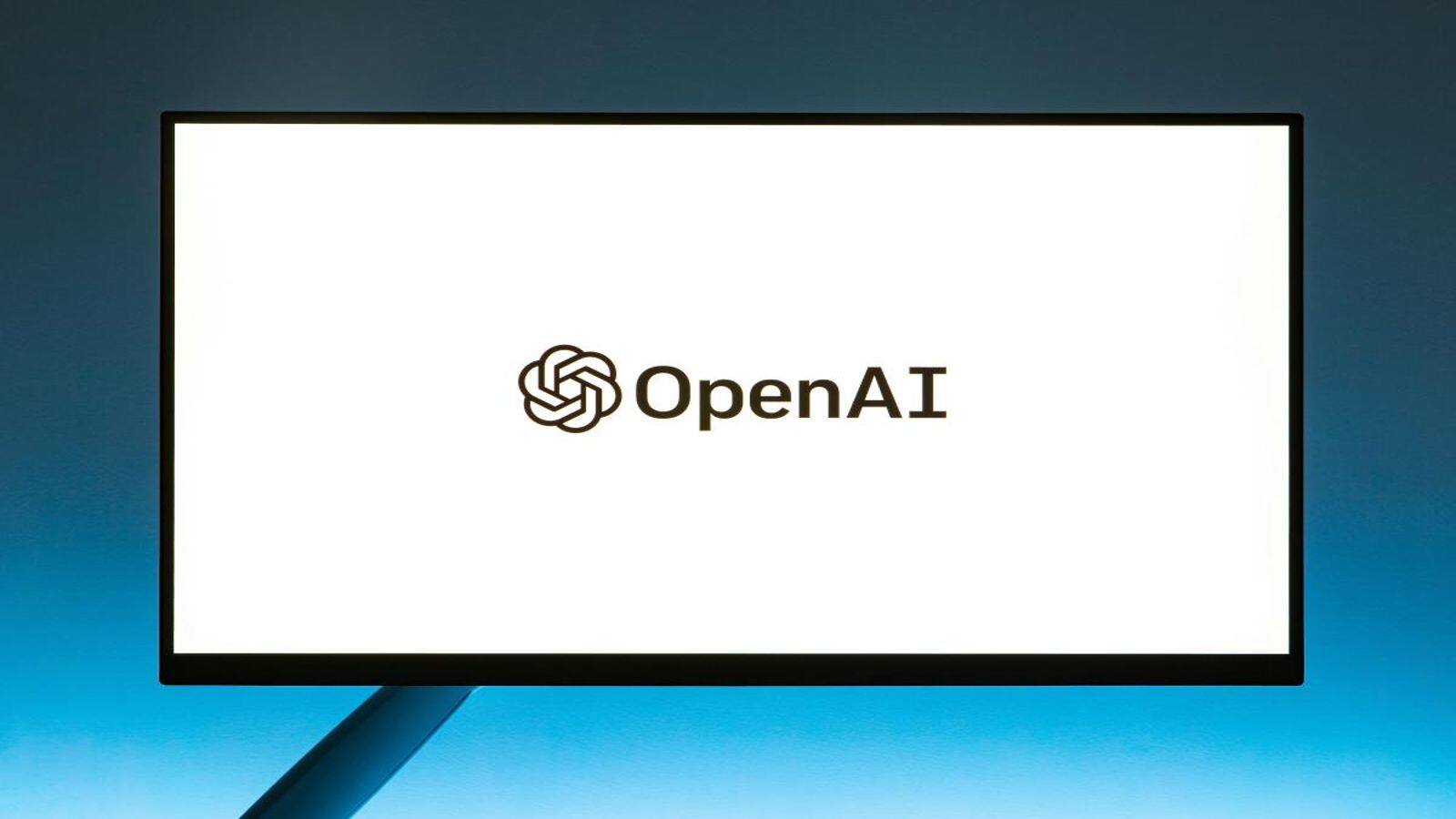
OpenAI's voice-cloning tool is impressive but full of safety concerns
What's the story
OpenAI, the world's leading artificial intelligence start-up, has unveiled its digital voice generator, called Voice Engine. This cutting-edge technology can generate realistic speech using just a 15-second audio sample. The San Francisco-based company, known for its chatbot ChatGPT and image generator DALL-E, is exploring various applications for Voice Engine such as aiding children with reading, translating languages, and assisting cancer patients in regaining their voices.
Release postponement
OpenAI delays broader release amid misuse concerns
Despite the potential benefits of Voice Engine, OpenAI has decided to delay its broader release due to concerns about misuse. Fears of unauthorized voice imitation or deepfakes have been expressed by social media users. This decision is especially significant during an election year when the risk of misuse is heightened. As stated in a company blog post, "We are taking a cautious and informed approach to a broader release due to the potential for synthetic voice misuse."
Responsible deployment
OpenAI initiates dialog on responsible synthetic voice use
OpenAI has expressed its intention to initiate discussions about the responsible use of synthetic voices and societal adaptation to these new capabilities. The company's future deployment of this technology will be guided by these conversations and findings from preliminary tests. As stated by the company, "We hope to start a dialogue on the responsible deployment of synthetic voices, and how society can adapt to these new capabilities."
Political risks
OpenAI acknowledges political risks related to synthetic voices
The 2024 election has already seen its first fake voice incident in New Hampshire involving a robocall imitating President Joe Biden. The event led the Federal Communications Commission to unanimously ban unsolicited AI robocalls. OpenAI acknowledged these political risks in its blog post, stating, "We recognize that generating speech that resembles people's voices has serious risks, which are especially top of mind in an election year."
Feedback sought
OpenAI seeks feedback on voice engine deployment
OpenAI is actively seeking feedback from US and international partners across diverse sectors such as government, media, entertainment, education, and civil society. The company's guidelines strictly prohibit impersonation without consent or legal right. They also support voice authentication experiences and a "no-go voice list" to prevent creating voices too similar to well-known figures.